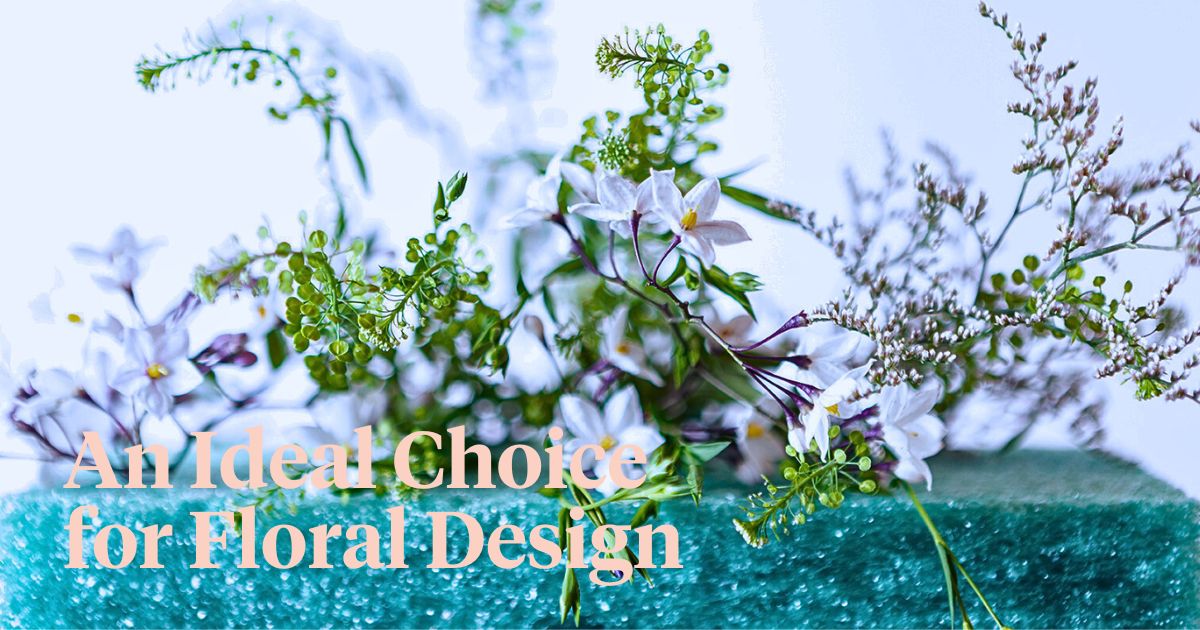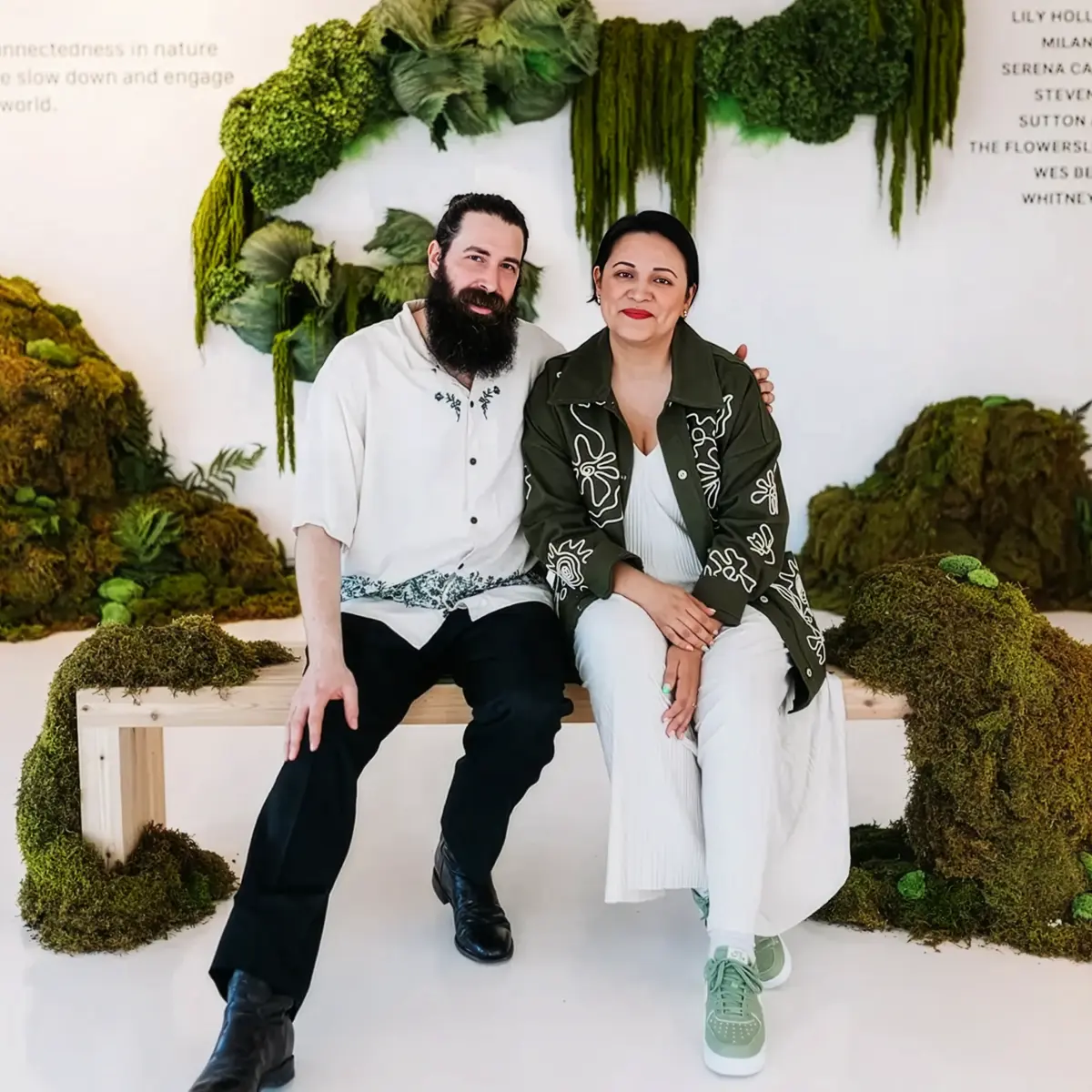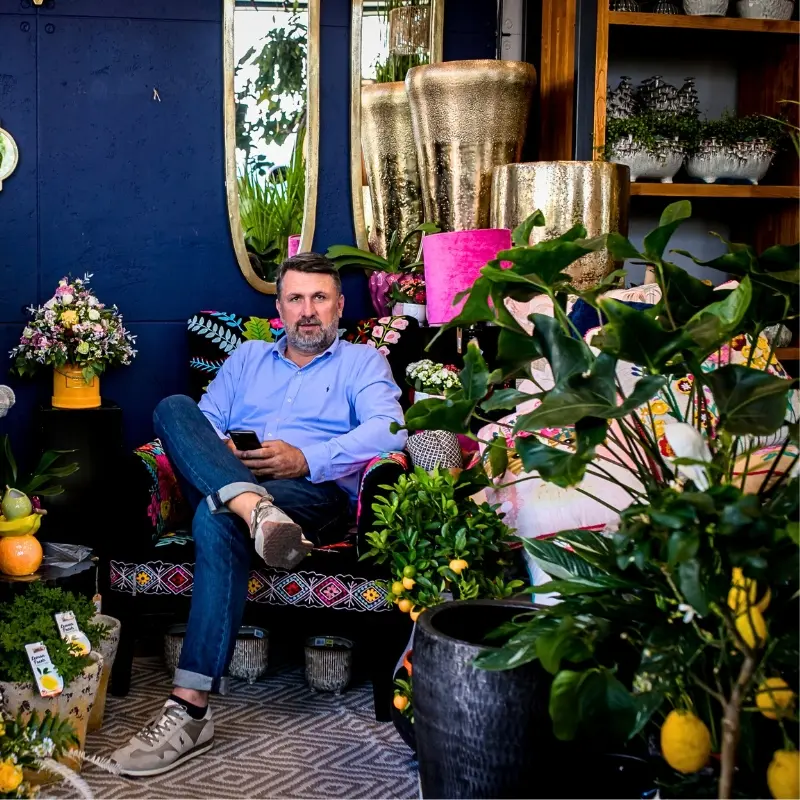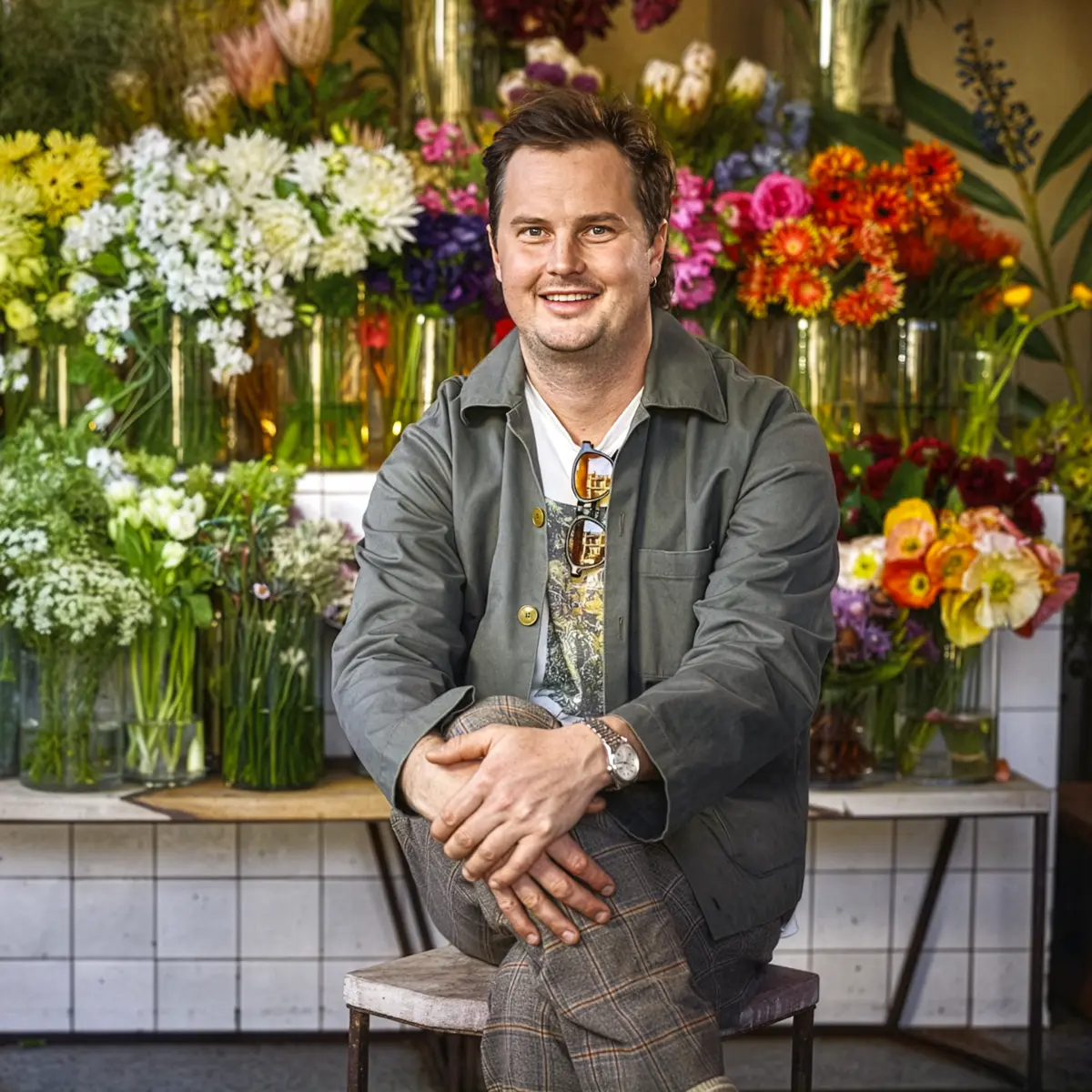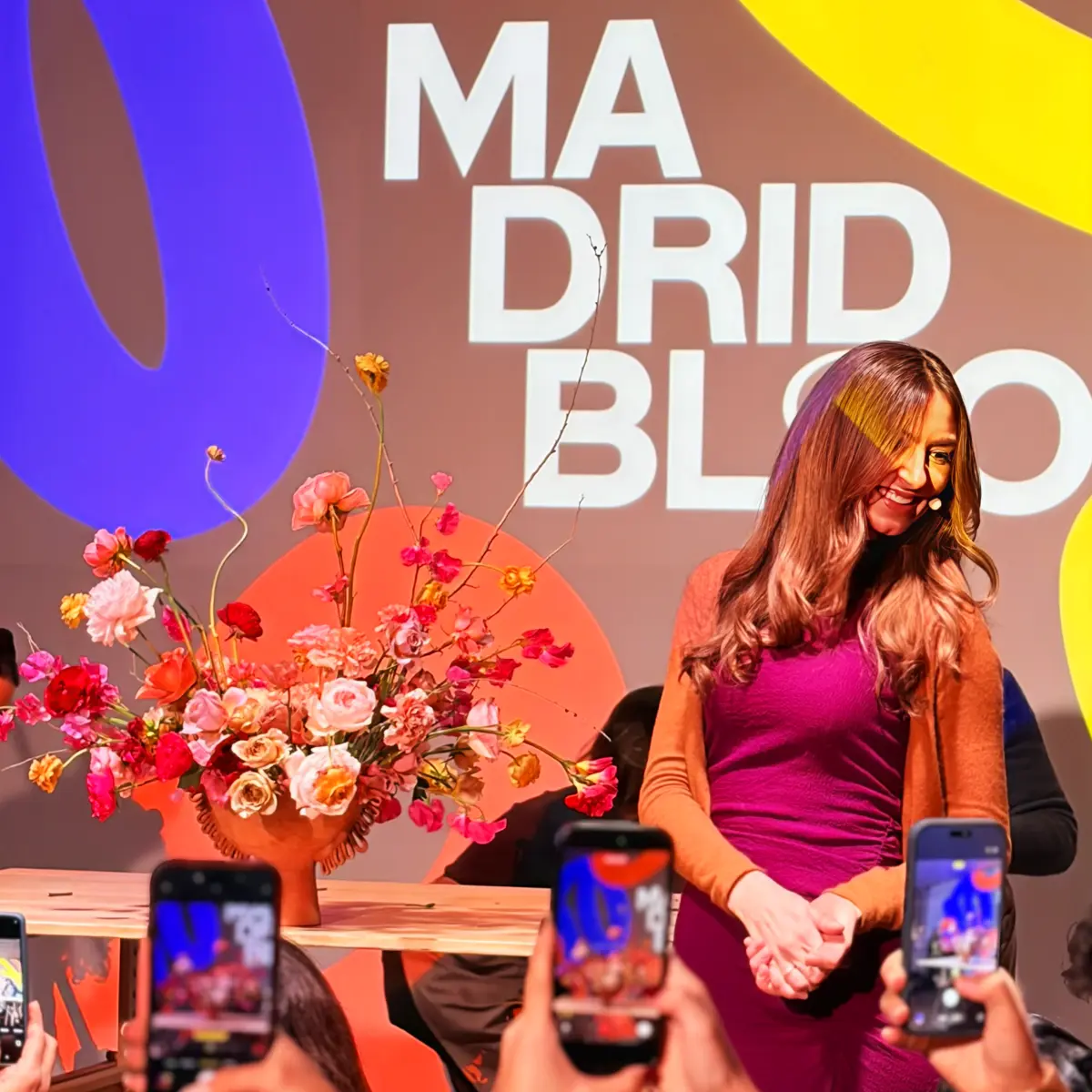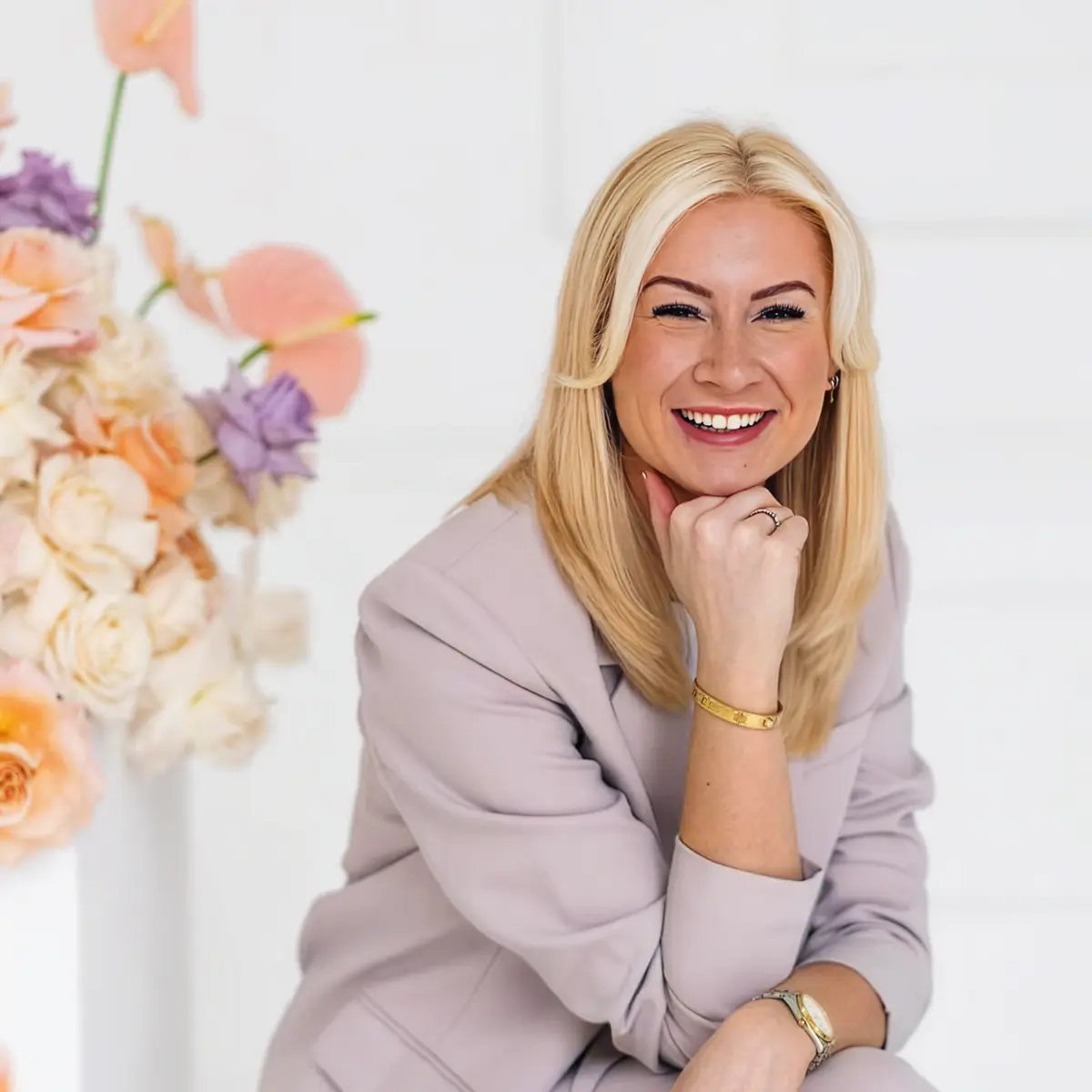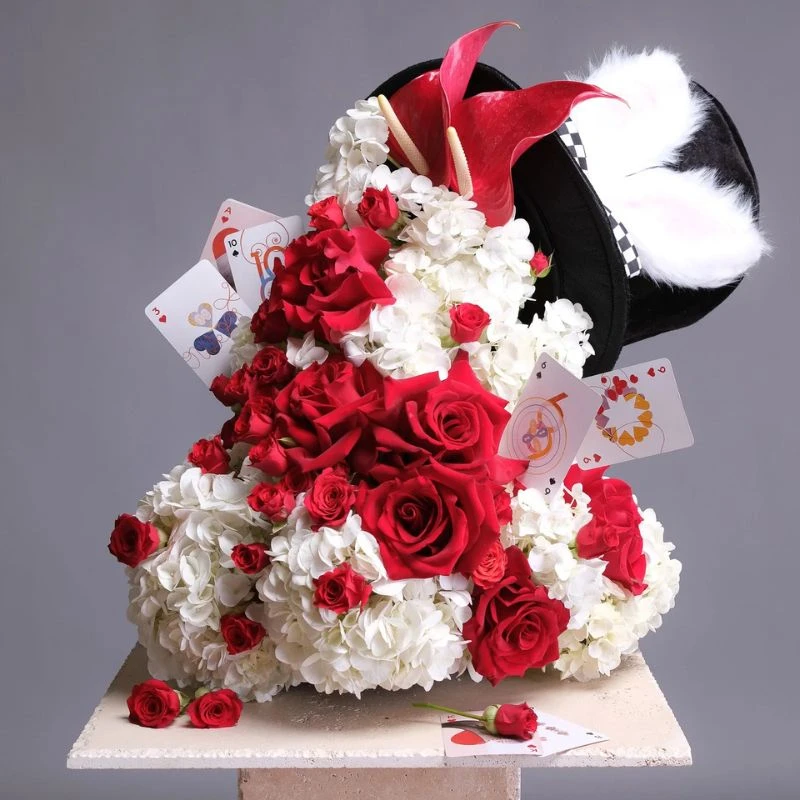As an industry where floral creativity and beauty dominate, floristry and floral design have long been beleaguered by the not-so-glamorous reality of a staggering amount of waste generated by traditional floral foam. A staple in the industry for decades, conventional floral foam is made from petroleum-based materials — alongside other ingredients — and often comes with an environmental cost, which leaves a lasting adverse impact on the planet.
It was this very problem and the realization of the severity of its consequences that inspired Dundee Butcher, an avid florist, to set out on a journey of creating a sustainable solution that would change the face of the floral design industry. This journey, later, gave birth to Phoam Labs, a company that is sustainability-wise changing the way florists work with its innovative, plant-based, and compostable floral foam.
How It All Started: The Genesis of Phoam Labs
It all started in 2011 when Butcher, originally from Houston, Texas, moved to London, married a British man, and decided to explore new creative avenues while her teenage twins were in school.
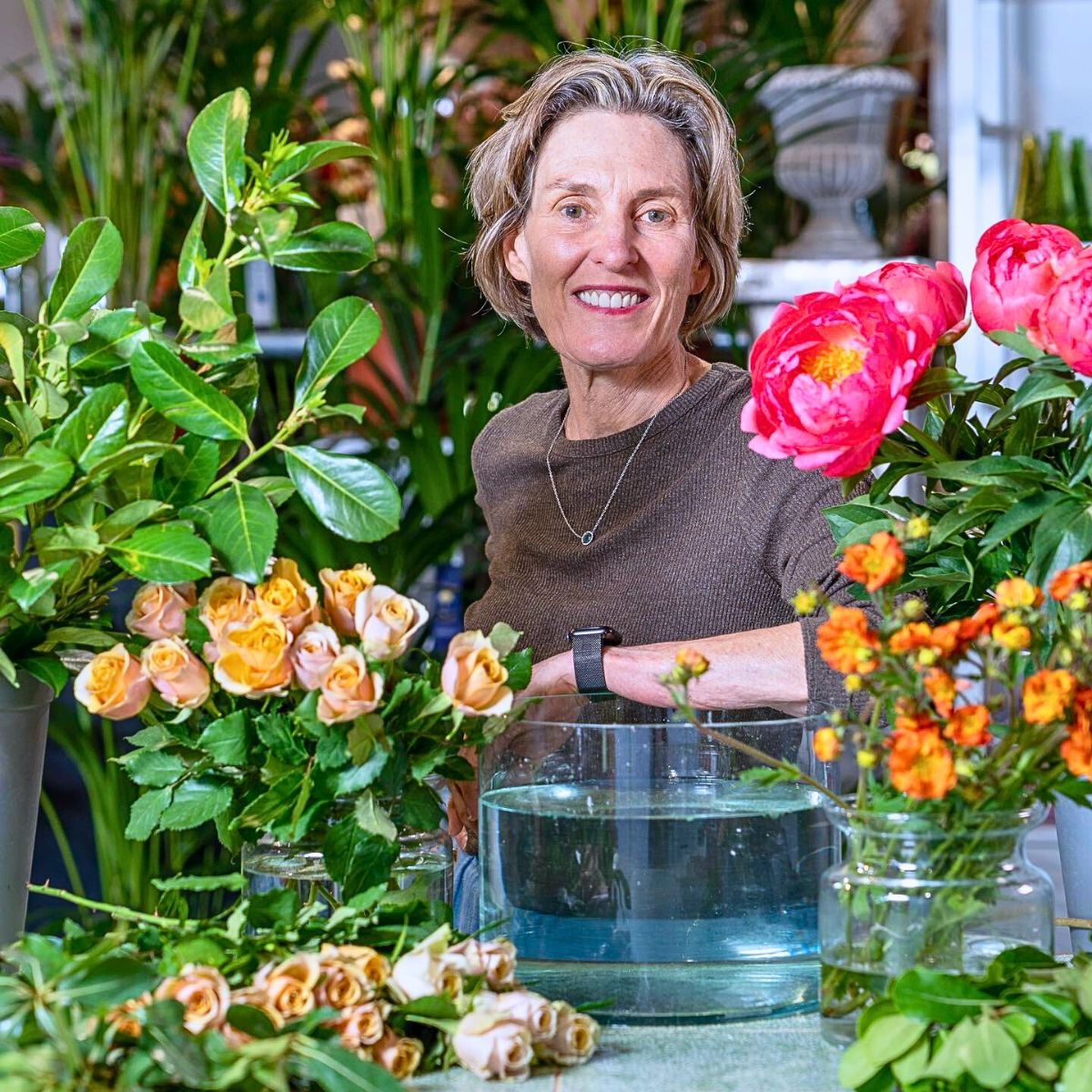
After her husband suggested pursuing her passion for flowers, she contacted her local florist in Marylebone, Jane Packer — a luxury designer flower shop — and mustered the courage to apply for work experience. It proved to be a life-changing decision. She fell in love with flowers, creativity, and the community.
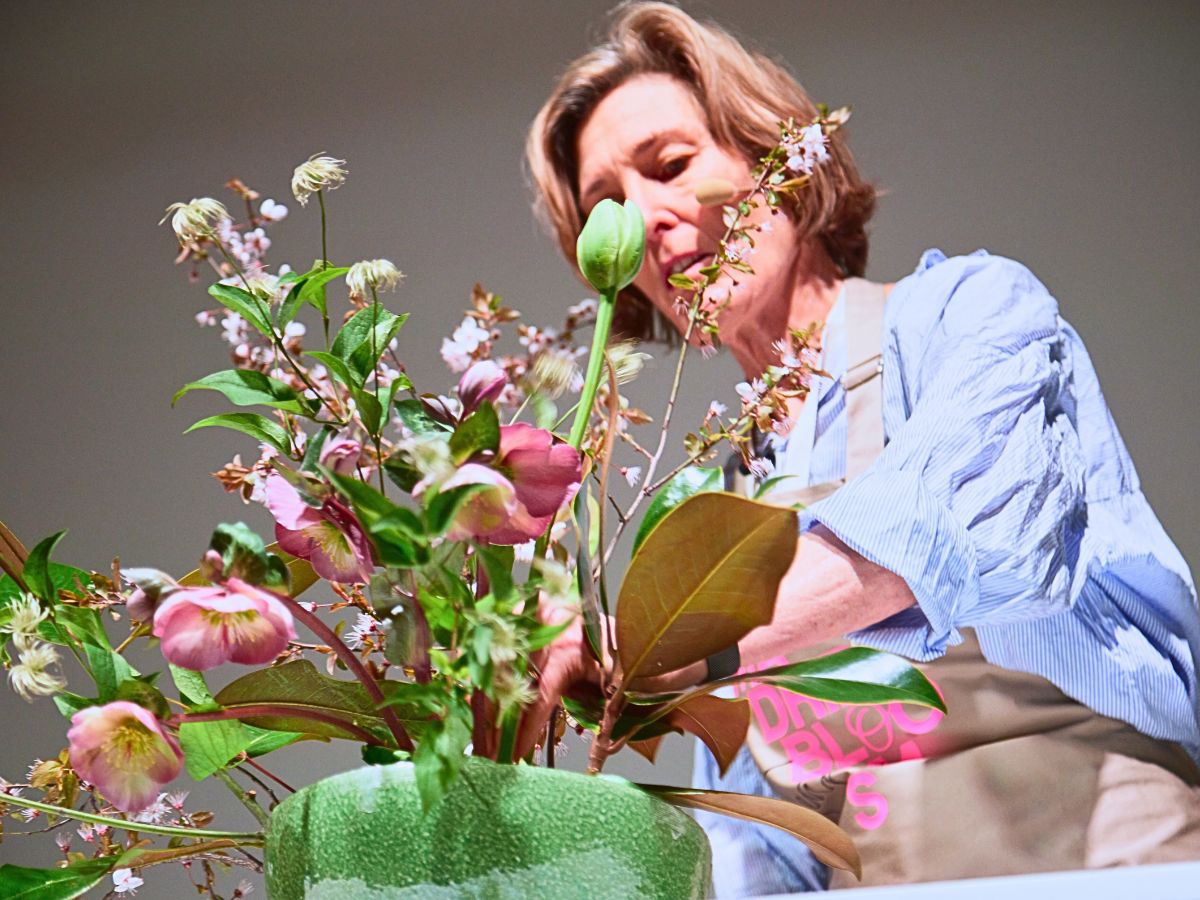
It was in the course of her work, during a large event job, that she realized the negative environmental impact of traditional floral foam when dismantling an event and dividing the flowers for composting. The floral foam used was, on the other hand, destined for landfill. This realization had an impact and sparked a curiosity to find a better way.
After moving to Healdsburg, California, in 2013, she opened a flower school — the Russian River Flower School — and an events business. A chance introduction to David Goldfeld, then a PhD student in Polymer Science, and Professor Marc Hillmyer from the University of Minnesota led to a research project to develop a new, sustainable, floral foam.
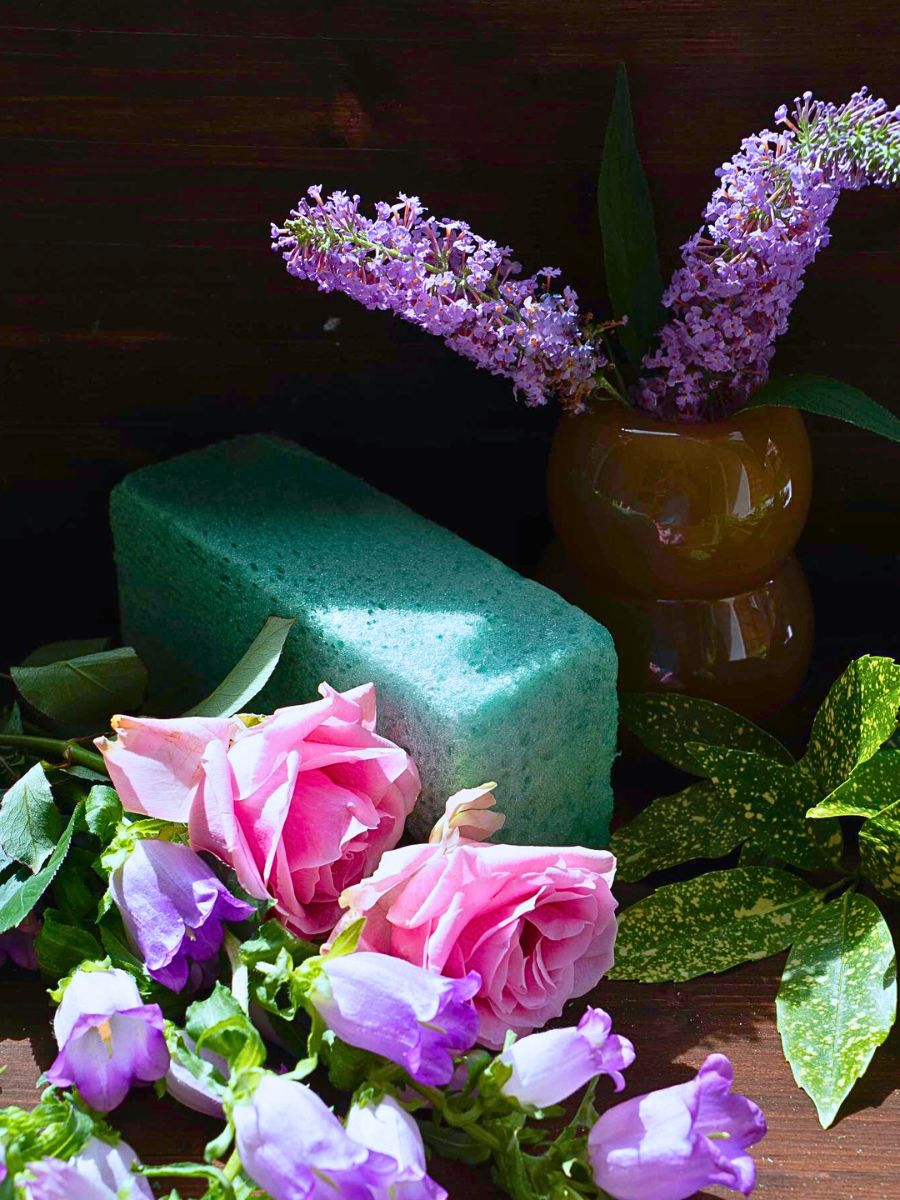
Alongside Professor Hillmyer, the director of the National Science Foundation Center for Sustainable Polymers based at the university’s Twin Cities Campus, the duo established BKB Floral, LLC — later renamed BKB Floral Foam, Inc. — to enter into a research agreement with the Center for Sustainable Polymers. The team went ahead to develop a prototype for a completely new floral foam made from plants. And after two years of development, they created the unique plant-based, compostable floral foam.
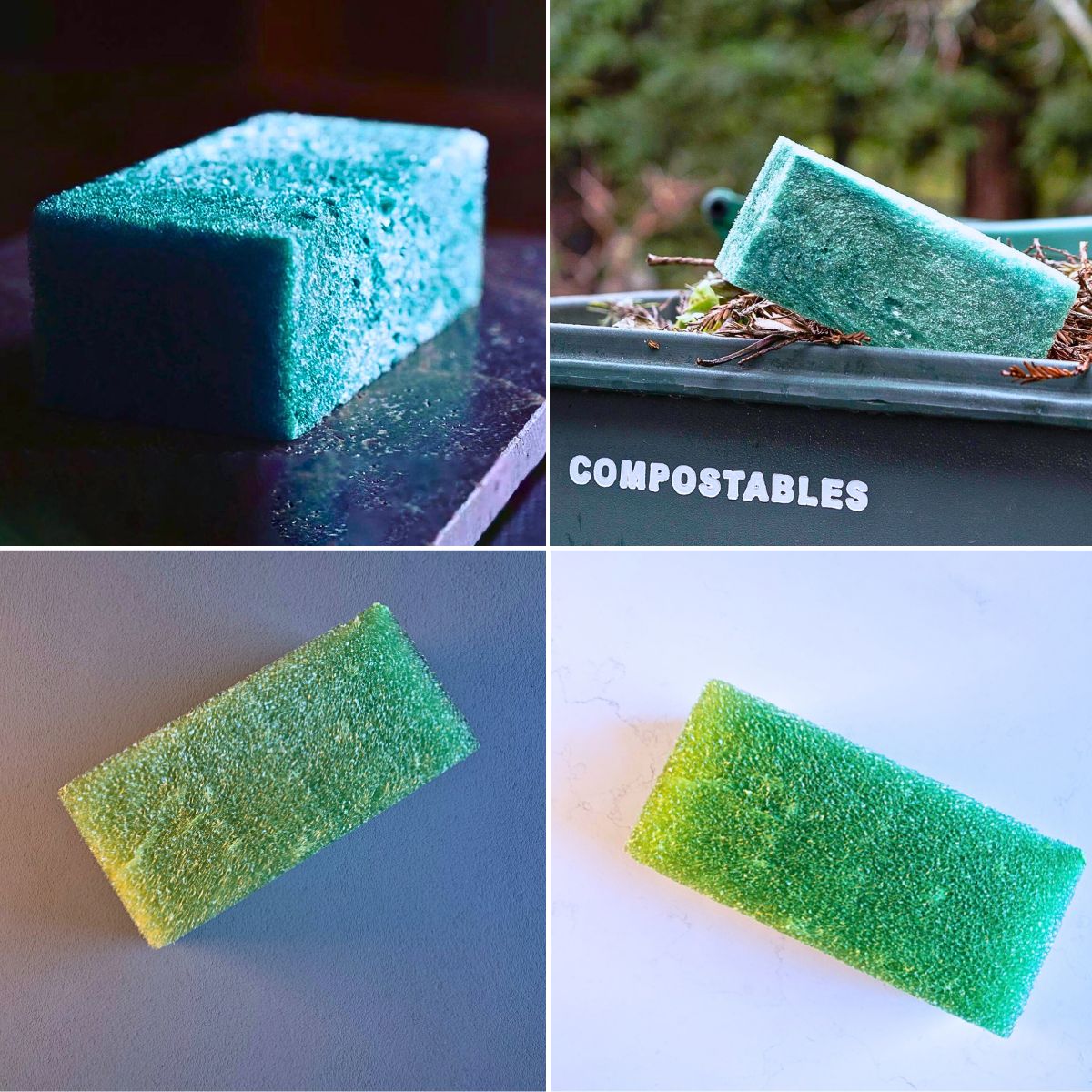
In the spring of 2022, the innovative foam technology was awarded broad patents, and later that year, won the MN Cup, the largest state-run startup competition in the United States. It also won the Green Chemistry prize.
This recognition marked a significant breakthrough in the company's growth, paving the way for commercial development — which is now in the final stages — with a European manufacturing partner. They plan to have the foam available for purchase later in the year. In addition, the company is in the final stages of industrial composability certification of the floral foam named Phoam.
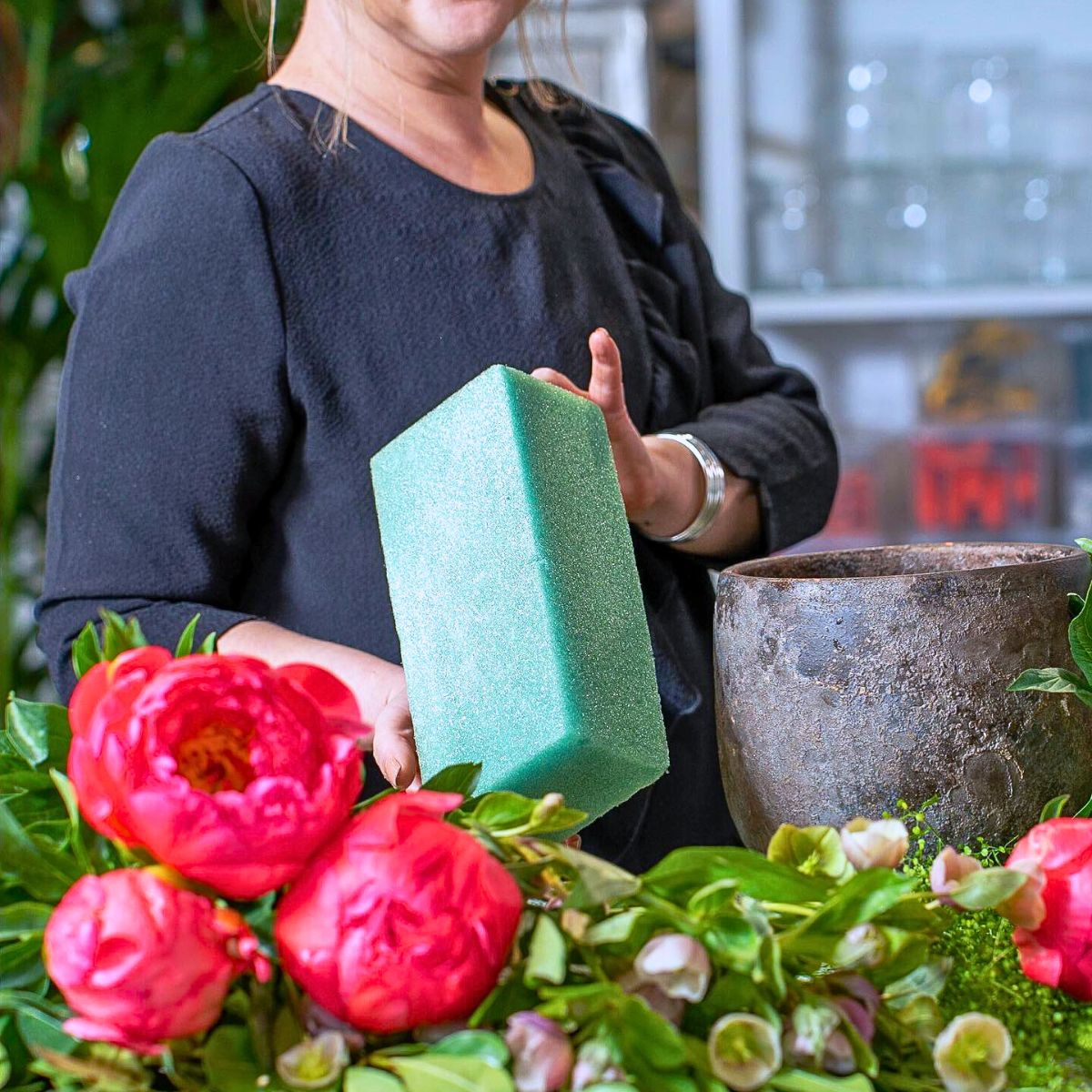
A Game-Changing Floral Foam Quite Unlike Others
So, what makes Phoam Labs' floral foam so revolutionary and avant-garde? For starters, it is primarily made from industrial field corn. It is, also, renewable within a 12-month cycle, and follows strict sustainability certifications. Unlike traditional petroleum-based floral foam, Phoam Labs' floral foam generates no harmful microplastics and contains no toxic chemicals. This makes it safer for both people and the environment.
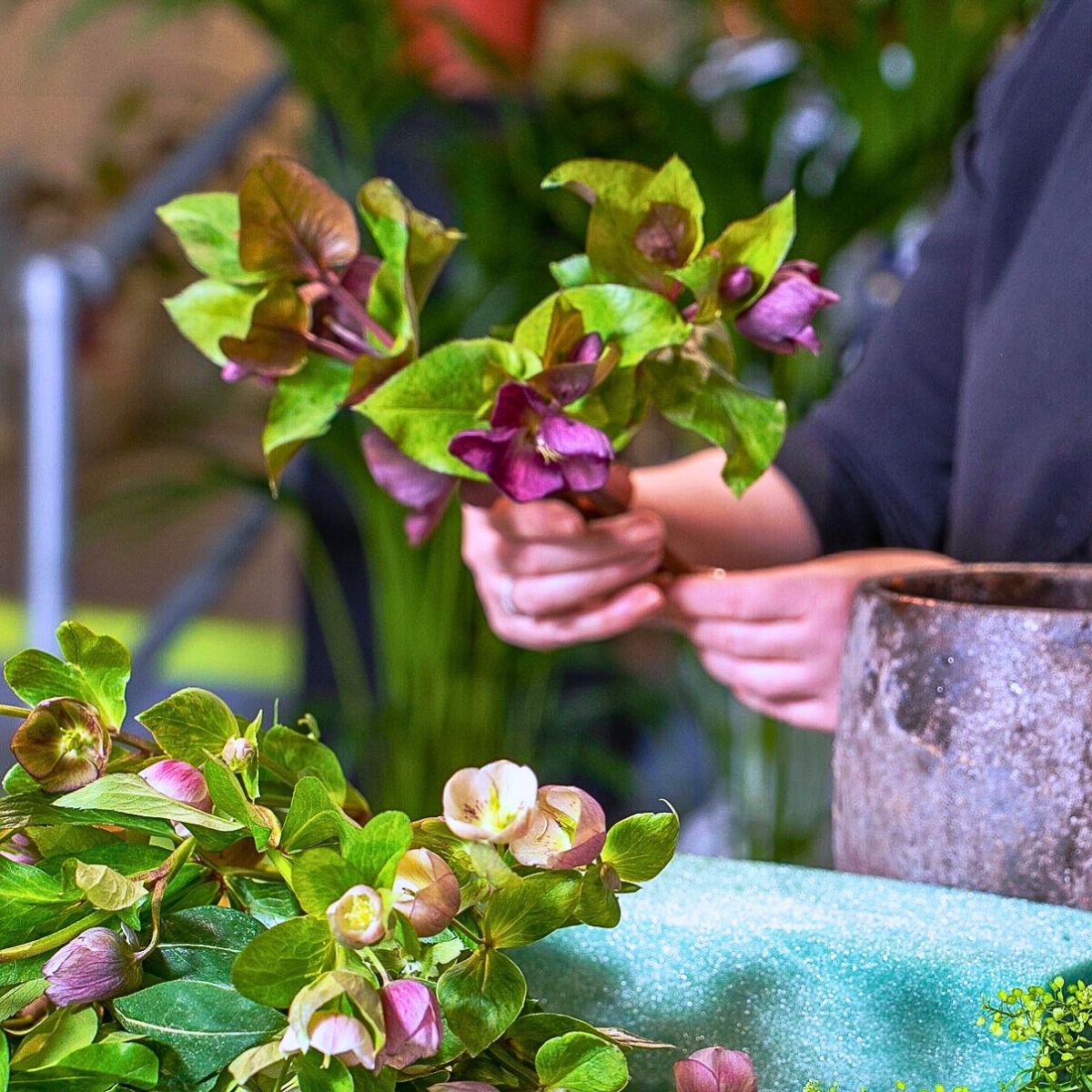
Dundee Butcher:
“Also, the key characteristics that set Phoam apart from other solutions in the market are that it allows florists to create arrangements and displays without artistic compromise, but at the same time providing a floral foam that can be composted without harm to the environment.
The foam's design ensures it can hold various stem types securely, maintain rigidity for transport, and keep flowers hydrated. Two other unique properties are that the foam can be rewetted when in use and it is reusable and eco-friendly. Unlike rock wool and coconut coir, which have significant environmental and ethical issues, this foam offers a more responsible alternative.”
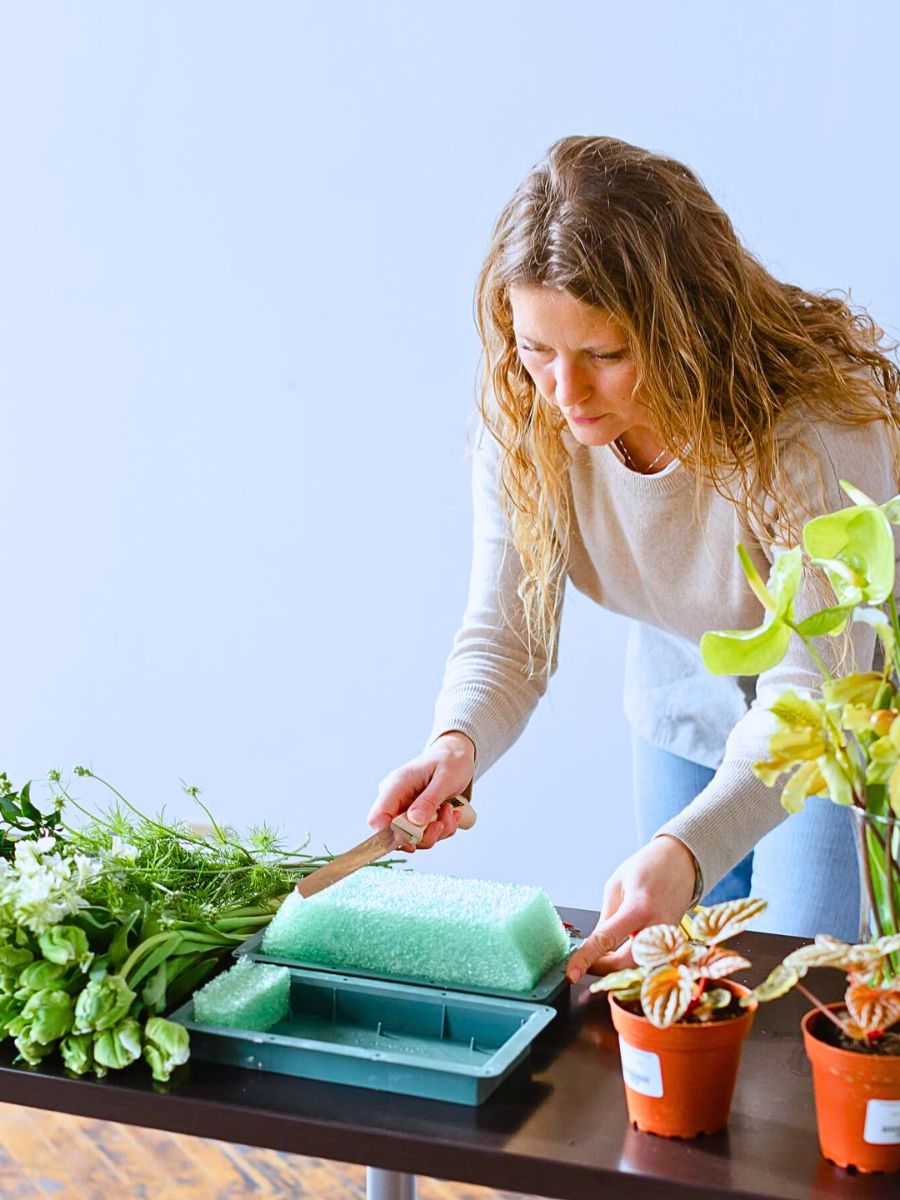
Setting Itself Apart: Key Sustainability Benefits of Phoam Labs’ Floral Foam
Phoam Labs' patented floral foam is ground-breaking for the floristry industry. This unique product addresses a critical concern, which is the environmental impact of traditional floral foam. It is estimated that every year, an estimated 15,000 metric tons of non-degradable, petroleum-based floral foam is used in the European Union alone. This contributes significantly to landfill waste and the generation of microplastics.
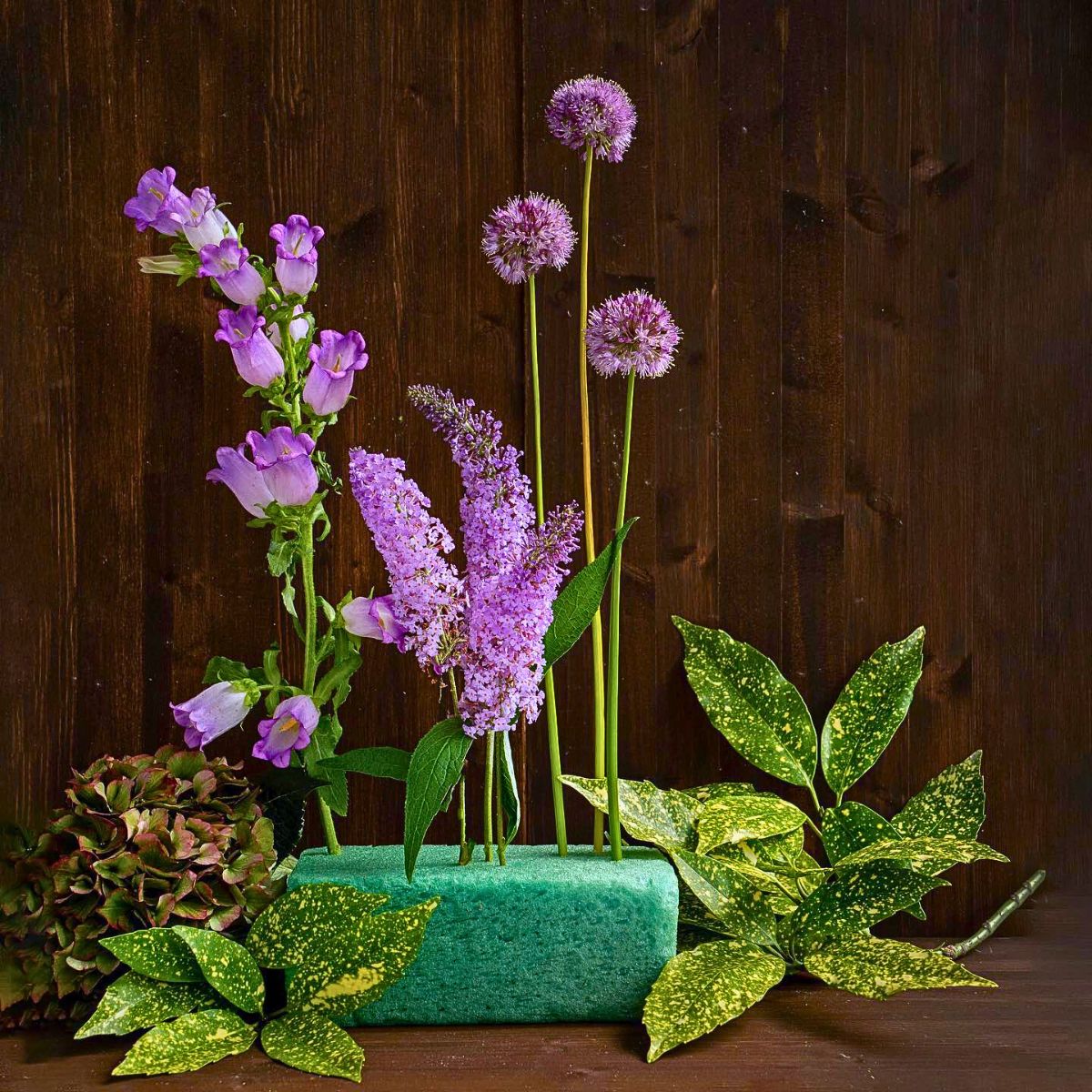
Dundee Butcher:
“Phoam Labs' foam is, however, different. This expanded Poly-Lactid Acid (PLA) foam is primarily made from industrial field corn, is renewable within a twelve-month cycle, and follows strict sustainability accreditations.
It generates no harmful microplastics and contains no toxic chemicals, making it safer for both people and the environment. It is designed to help florists design without limit and with better efficiency for designs that are easy to transport.”
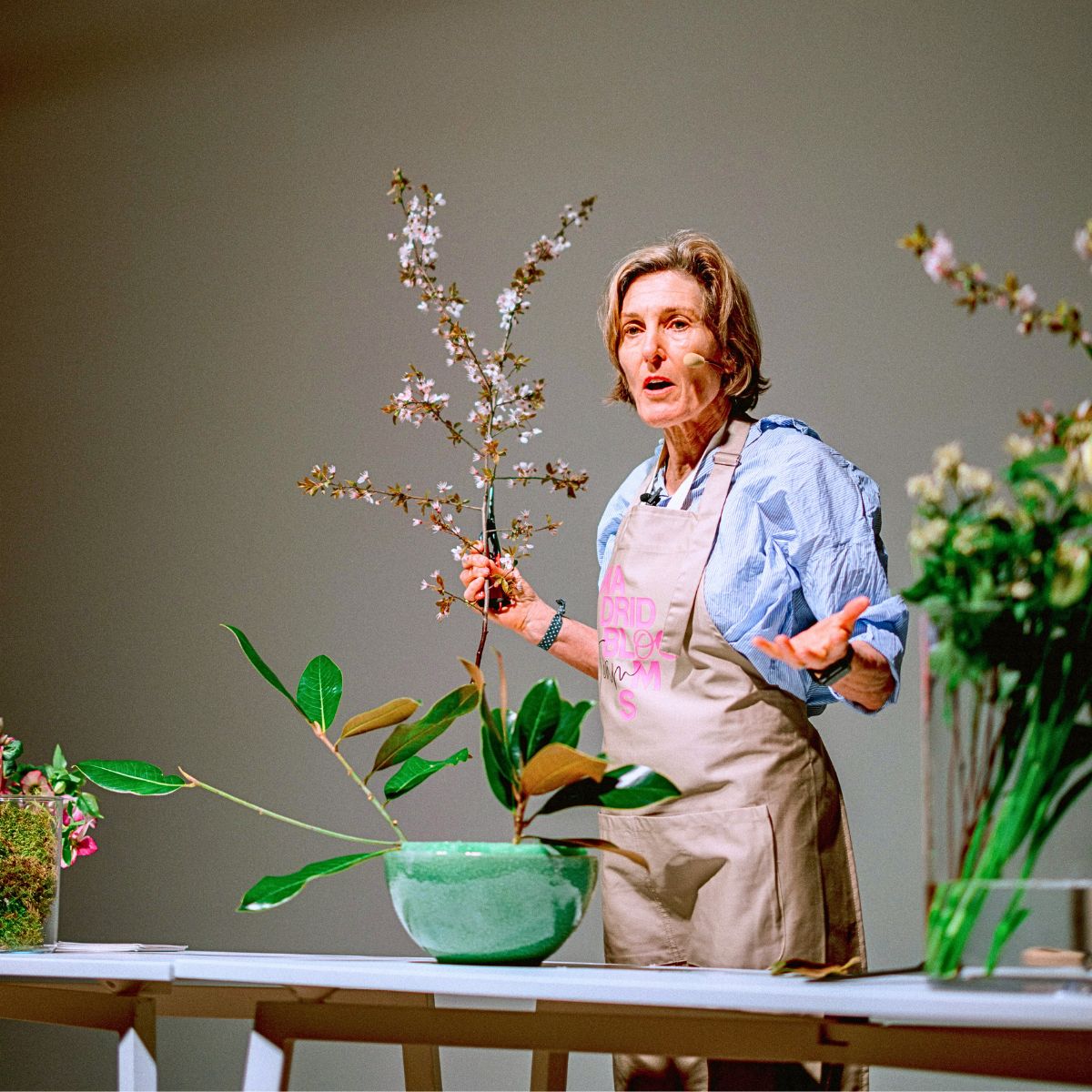
Sustainability is a significant consideration across all industries, including floristry. The industry's shift towards sustainable trends is mainly driven by the ever-evolving consumer preferences and regulatory changes. This makes the innovative floral foam an opportune introduction to the industry.
Nowadays, it is common to see consumers and businesses increasingly seeking out environmentally-friendly options. And because many florists are already embracing sustainable practices, this floral foam from Phoam Labs handily comes in to meet the growing demand by providing a compostable alternative to traditional floral foam.
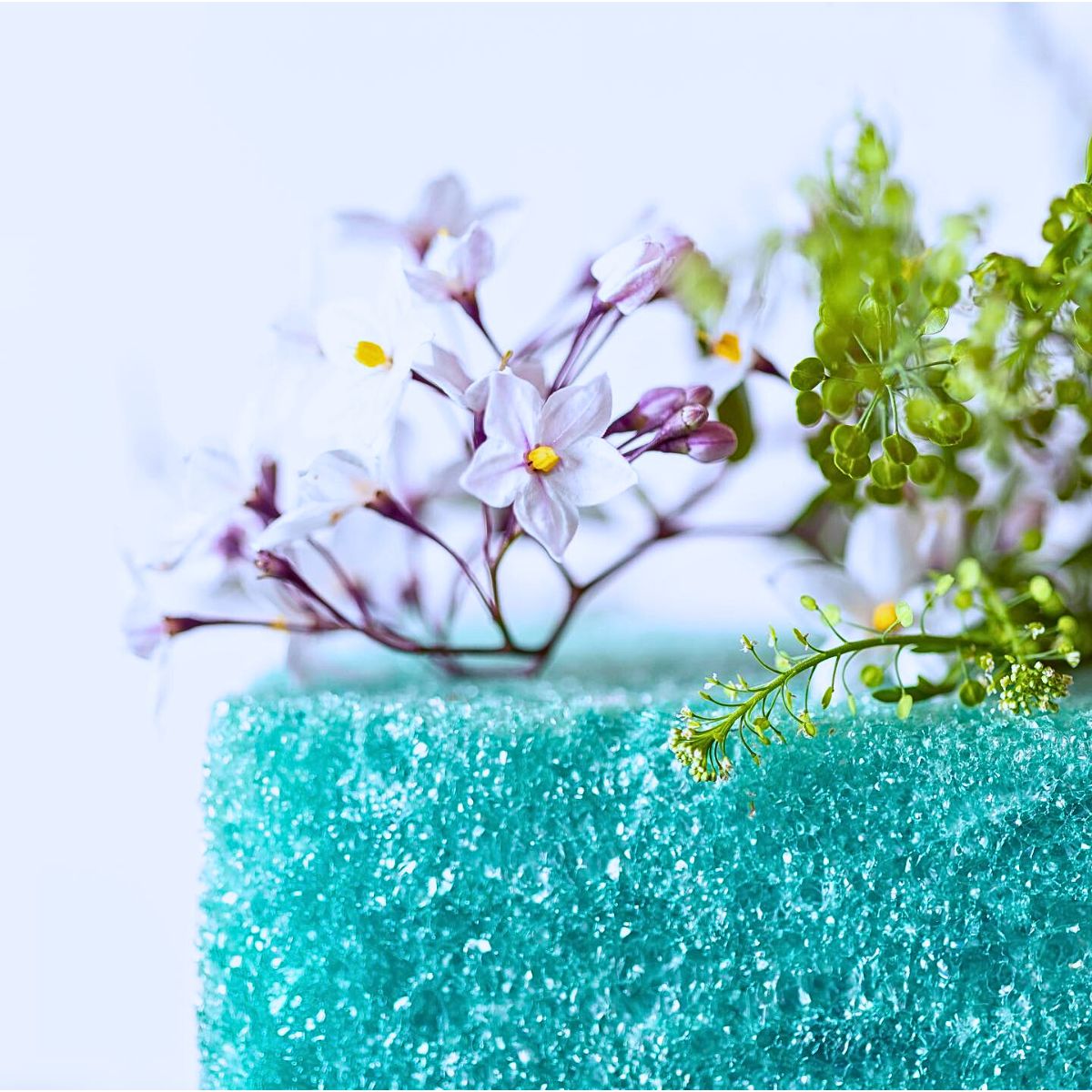
A Well-Timed Solution as Floristry Shifts Towards Sustainability
The response from the floral industry to the Phoam floral foam has been overwhelmingly positive. For instance, Phoam Labs won the Interflora Sustainability Award at the Floristry World Cup in 2023. The company has, also, been working closely with florists who seek alternatives to the traditional floral foams, to sample this product. It premiered it at Madrid Blooms — earlier in the year — where it was very well-received.

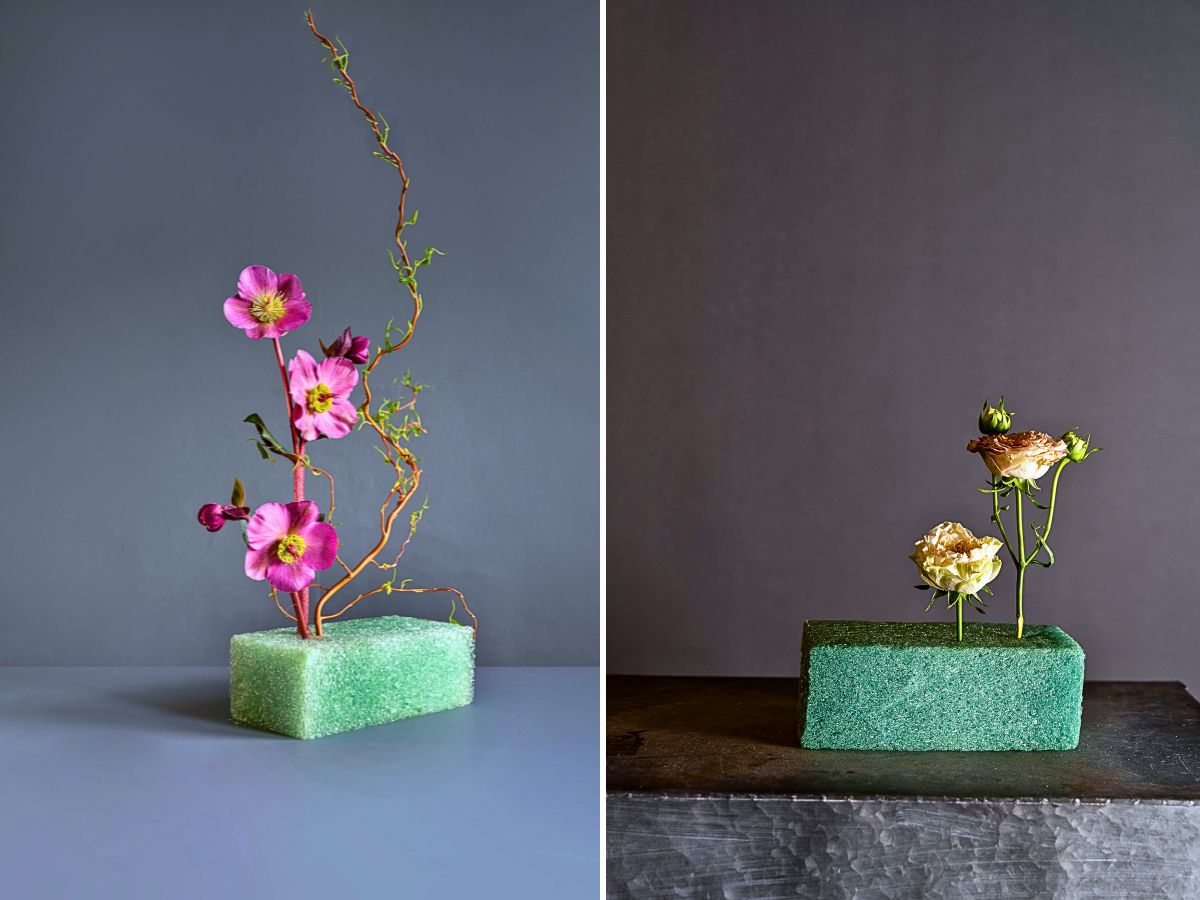
Several high-profile florists from different countries have, even, made video clips of when they trialed Phoam, which can be viewed on the Phoam Labs Instagram account, @phoamlabs, highlighting their delight. This positive feedback has, according to Dundee, been crucial in refining the product before its official launch.
The company’s primary goal, for that reason, is to bring this floral foam to the market this year, starting with a European launch, and a focus on achieving commercial-scale manufacturing and establishing a robust supply chain.
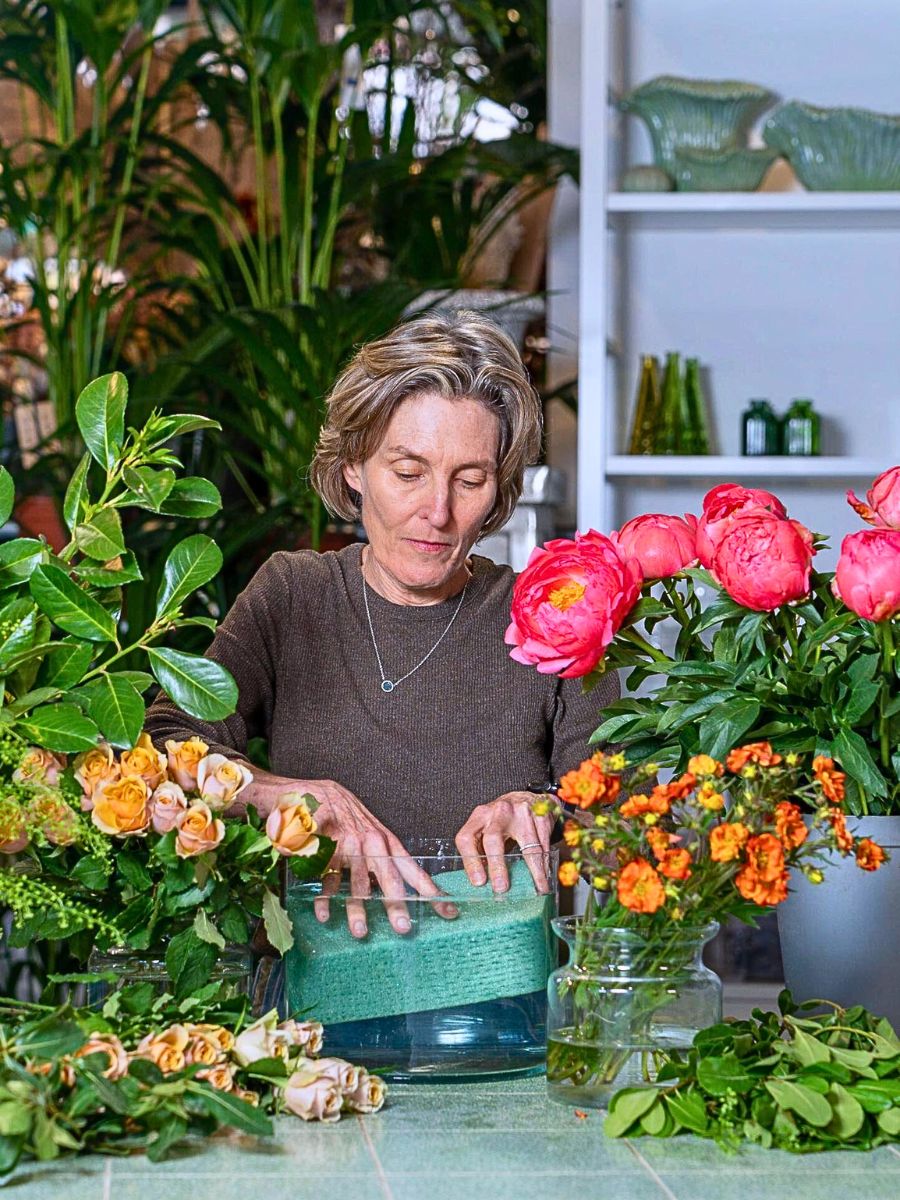
The team, Dundee also notes, remains delighted about the future and the potential to make an important, positive, environmental impact as Phoam transitions from the science lab into the florists' workrooms. Phoam Labs, also, looks forward to seeing Phoam in the hands of creatives, and admiring the beautiful and sustainable floral creations that they will create using this, correspondingly, sustainable floral foam.
Photos courtesy of Phoam Labs (@phoamlabs).

